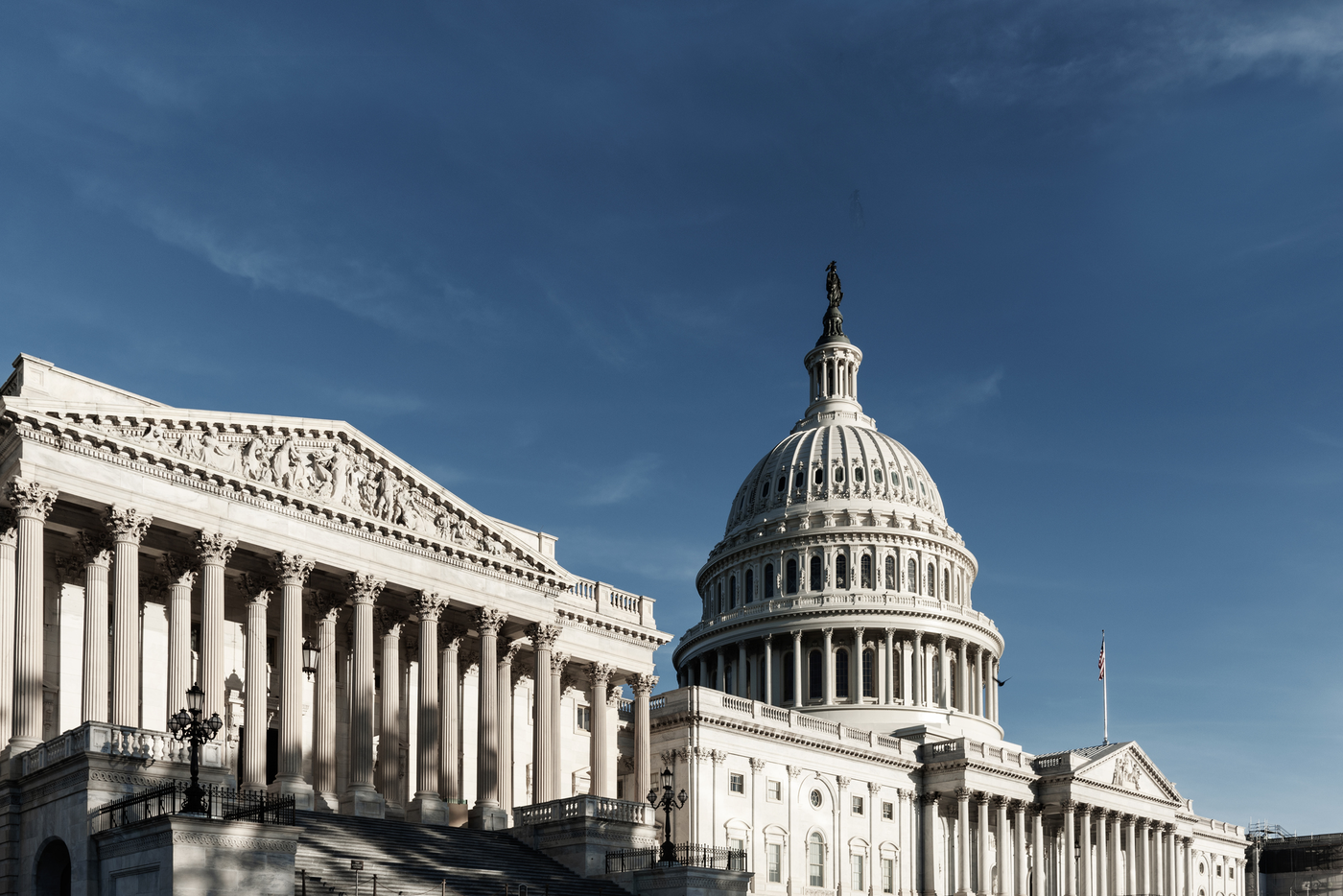Washingtonian: Big Tech Is About to Spend a Ton of Money to Fight These People
When Barry Lynn learned that everything was about to go public, he realized he didn’t have much time. So he called his wife and asked her to bring the car downtown to the headquarters of New America, the center-left think tank that had been his professional home for 15 years. She arrived shortly thereafter with the family’s Toyota Highlander and a neighbor’s 17-year-old son—there to pitch in some extra muscle.
Up in the office sat Lynn’s most valuable possessions: The Federalist Papers, The Wealth of Nations by Adam Smith, The Federal Antitrust Policy by Hans Thorelli, biographies of Louis Brandeis, John D. Rockefeller, and piles of works by obscure scholars and thinkers. For Lynn, these weren’t just books. They were the intellectual foundation of the entire anti-monopoly movement, the source material for his life’s work. And tonight, that life’s work was the reason he was out of a job—and boxing up his library.
Two months earlier during that summer of 2017, Lynn had made public remarks about Google, a firm he viewed as an example of just the kind of modern-day monopoly he was trying to disassemble. The comments had caused Google’s top executive, a major New America donor, to complain to the think tank’s president. Within days, Lynn was out, though he was permitted to remain in his office to get his affairs in order. But that would change the next morning, he knew, when the New York Times, acting on information Lynn himself had provided, would detail the circumstances of his departure and put New America at the center of an embarrassing scandal.
At the time, concerns about monopolies were elbowing their way back onto Washington’s agenda after decades in the wilderness. Lynn had secured new funding, expanded his staff, and advised a growing roster of lawmakers. Would he have to start again? On the ride home, he worried about the future. How would his financial backers respond to the Times story? Would congressional aides still seek his team’s input? Or would all this momentum slip away?
In retrospect, the blowback about corporate influence on a supposedly independent think tank probably helped bring new attention to the very point Lynn had spent years making. Two years later, the question of how to address the awesome powers of Big Tech has emerged as a signature issue of our time—a formerly sleepy cause that looks likely to turbocharge Washington’s vast lobbying industry as corporations and their critics spend big new dollars trying to sway legislators and policymakers.
They’ve got a lot to lose. Google and Facebook control websites that receive 70 percent of all internet traffic, Amazon accounts for nearly half of online retail sales in the United States, and, taken together, these three Silicon Valley empires collect more than two-thirds of all digital-advertising spending. In a polarized Washington, hating on Big Tech is an impulse that knows no party. Presidential candidates such as Elizabeth Warren and Bernie Sanders have demanded that Facebook be broken up. Conservative media stars including Tucker Carlson and Sean Hannity have blasted the platforms for what they view as censorship of right-wing opinion. In 2017, the Trump administration launched an ultimately unsuccessful effort to block AT&T’s $85-billion merger with Time Warner. While Trump’s contempt for CNN—a Time Warner subsidiary—may have motivated his opposition, he framed it to appeal to the public’s new suspicions. “It’s too much concentration of power,” Trump said of the merger, “in the hands of too few.”

